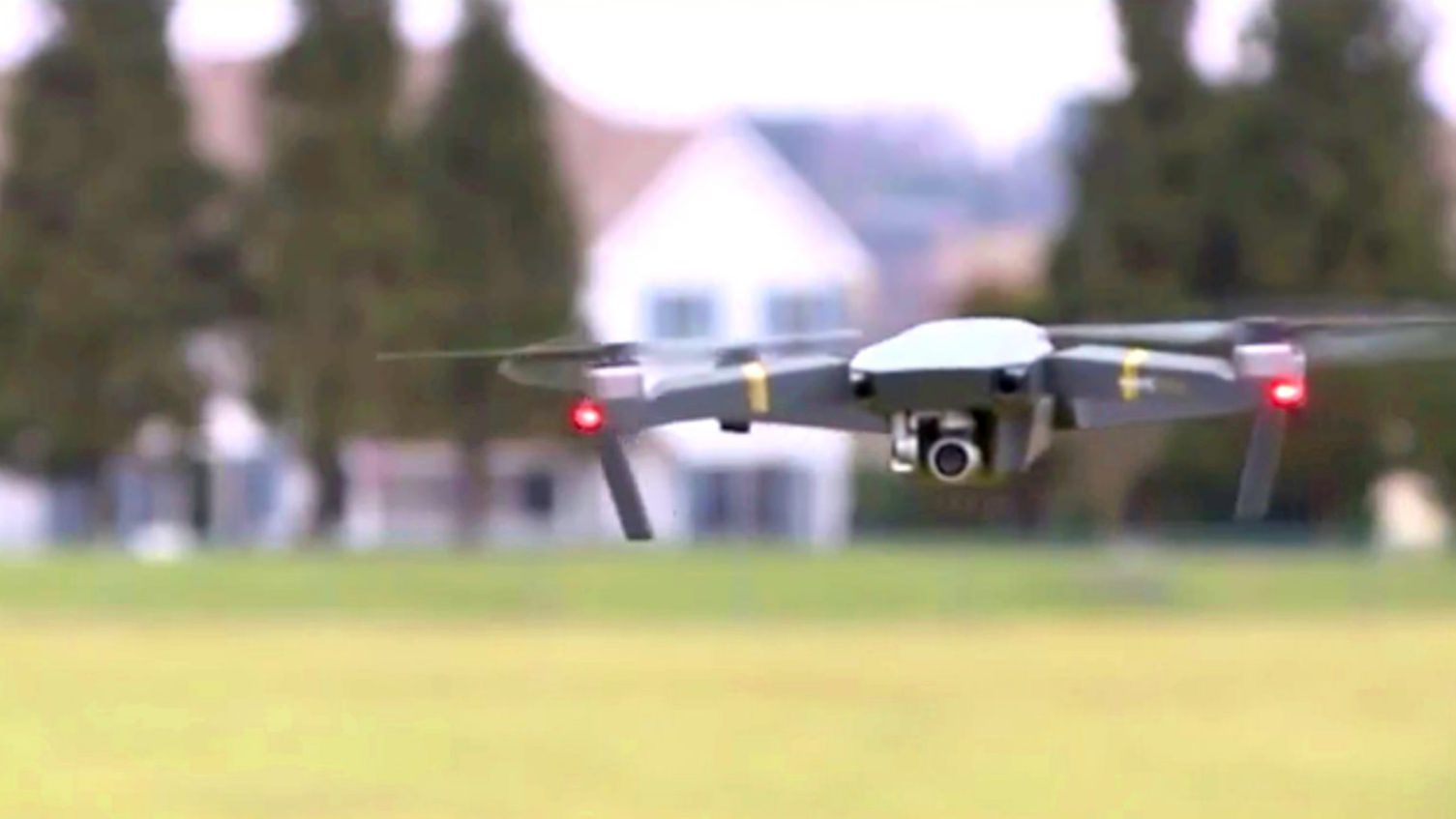
Let drones fly free. That was the thrust of a ruling by a circuit court judge in Michigan, whose injunction blocks a local authority restricting drone flights in parks, and banning them at other public properties.
The decision was handed down by Ottawa County’s 20th Circuit Court in a case pitting a group of drone enthusiasts against rules local officials had imposed in July. Those included preventing pilots from flying their craft in parks unless they’d received a permit beforehand; and prohibiting all UAV operation on other county properties. In response to the complaint filed by the Michigan Coalition of Drone Operator, Judge Karen Miedema issued an injunction blocking the bans.
As justification for her 15-page opinion against Ottawa County authorities, Miedema cited a state law that, for all intents and purposes, permits drone pilots to fly their craft as they wish so long as they respect Federal Aviation Administration (FAA) regulations governing UAV use. Therefore, she ruled, the local restrictions violated Michigan’s Unmanned Aircraft Systems Act (UASA), which in turn defers to federal laws.
The measures were passed as part of a county policy adopted to address surveillance and privacy concerns. Also included was the prohibition of any unauthorized recordings at county land or facilities, except those taken during public meetings.
Miedema’s injunction therefore covered Ottawa County’s entire package of surveillance rules containing the drone bans. The resulting suspension in their application restores the precedence of the state’s UASA, meaning, de facto, federal laws.
“Since the county enabling statutes do not expressly authorize the county to regulate drones, the county’s general authority to manage and control does not include drone regulation,” Miedema wrote. “The county must cede to the UASA’s specific prohibition on local regulation of drone operation. When the park rule and the UASA are both directly applied to or address the subject matter of drone operation or use, the two directly conflict.”
Although susceptible to possible appeal, the win is the second court victory for the Michigan Coalition of Drone Operators. In 2020, a circuit judge backed a complaint the group had made about similar measures adopted by officials in Genessee County that prohibited operating drones in or over public parks there.
Those decisions seem to run counter to an unrelated Michigan ruling in March, however.
In that, an appeals court decided a municipality in the north of the state had violated the rights of a local couple by using a drone to film their property for evidence it was being illegally used as junk yard. In that case, a 2-1 court opinion insisted any “governmental entity seeking to conduct drone surveillance must obtain a warrant,” and condemned the contested flight as an invasion of privacy.
Frequently in such cases, decisions defer to the highest statutes pertaining to drone use, which in operational term is usually the FAA and its control of airspace over public and private property alike.
FTC: We use income earning auto affiliate links. More.



Comments